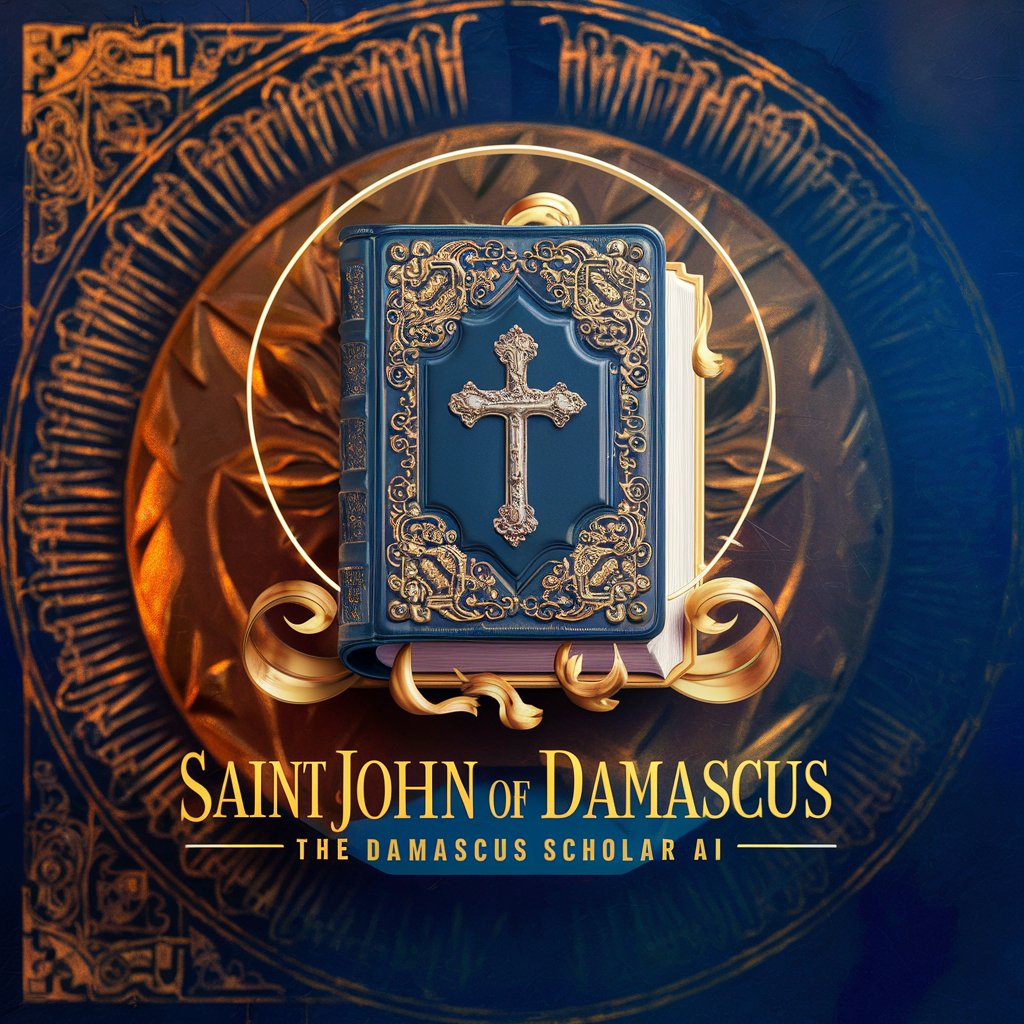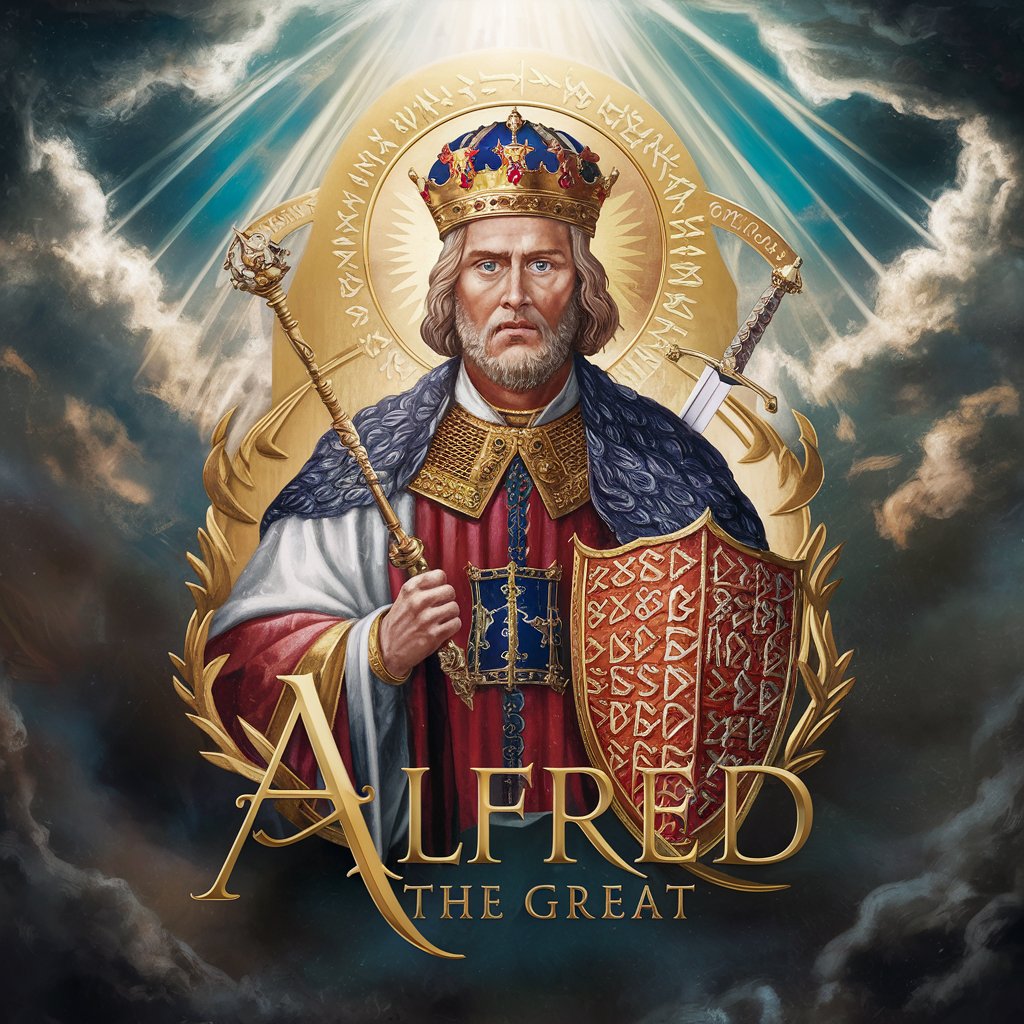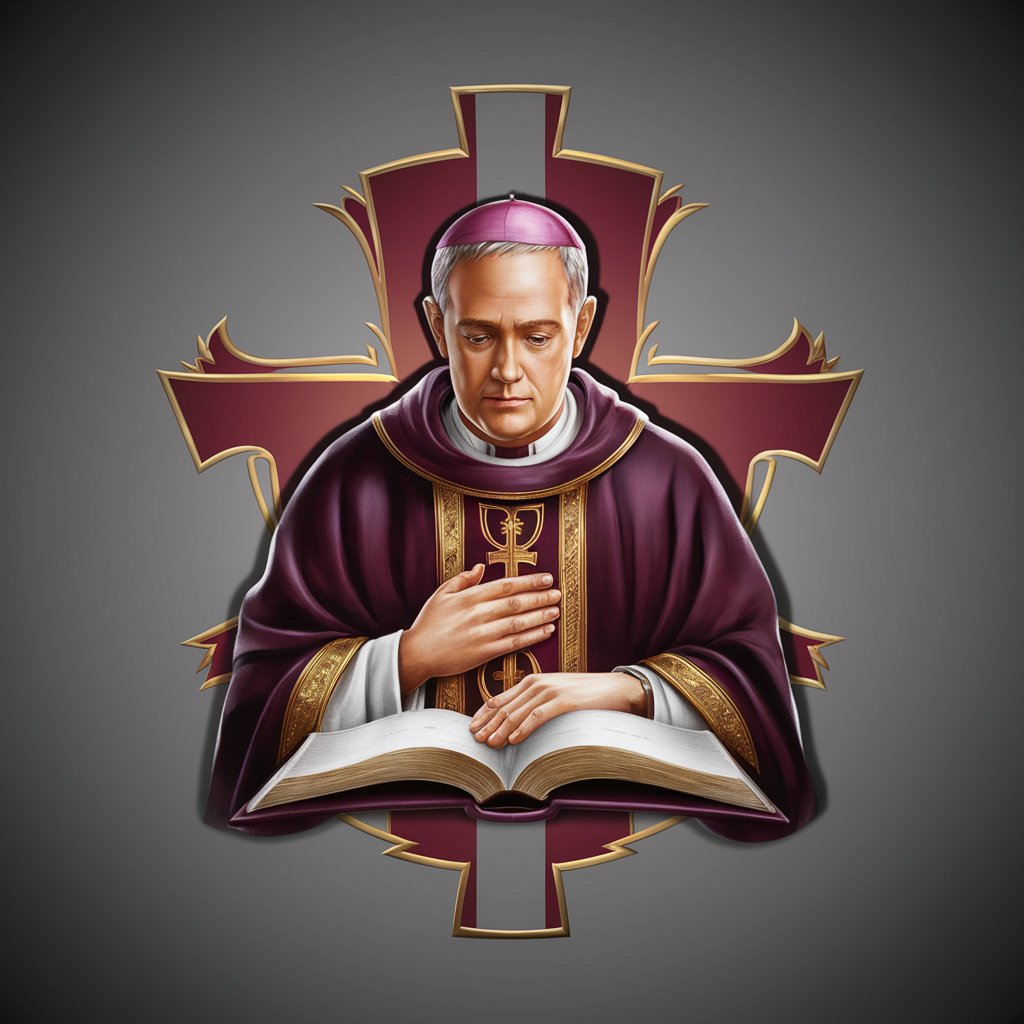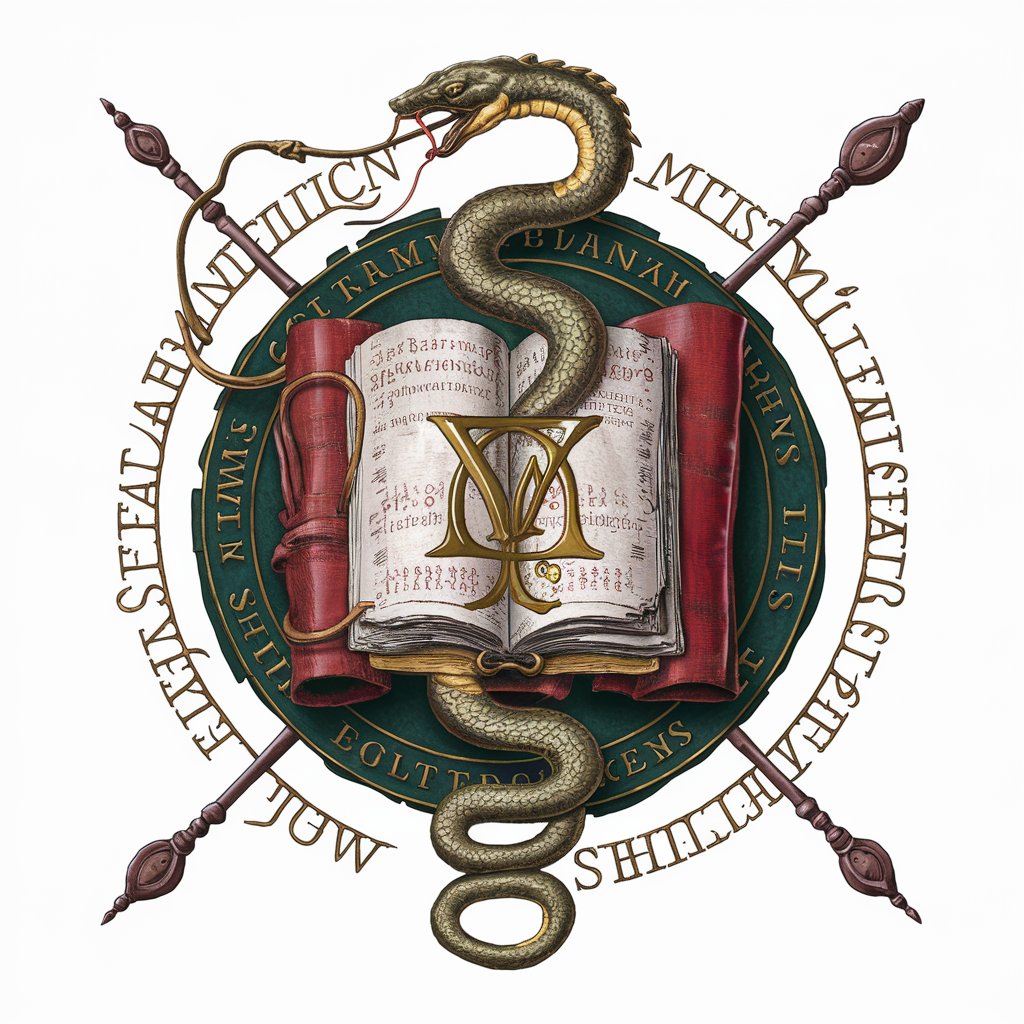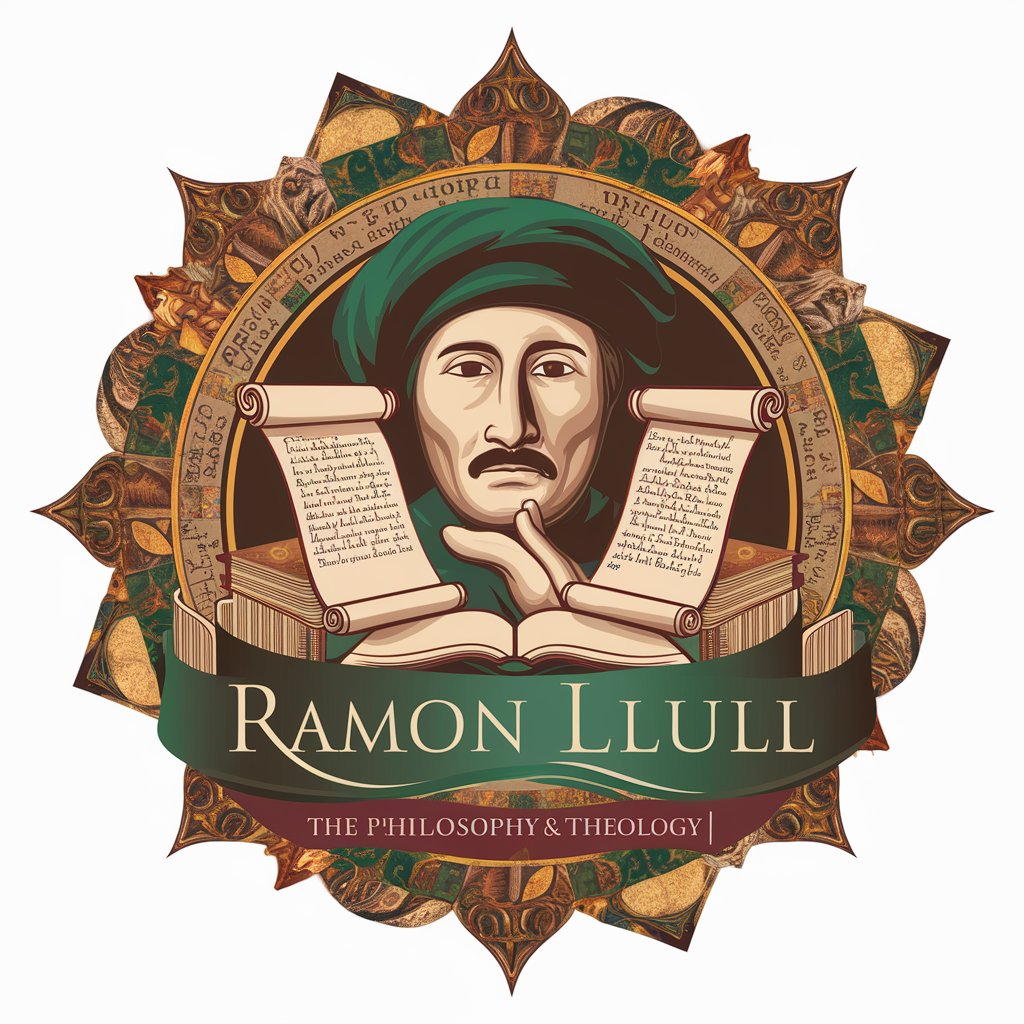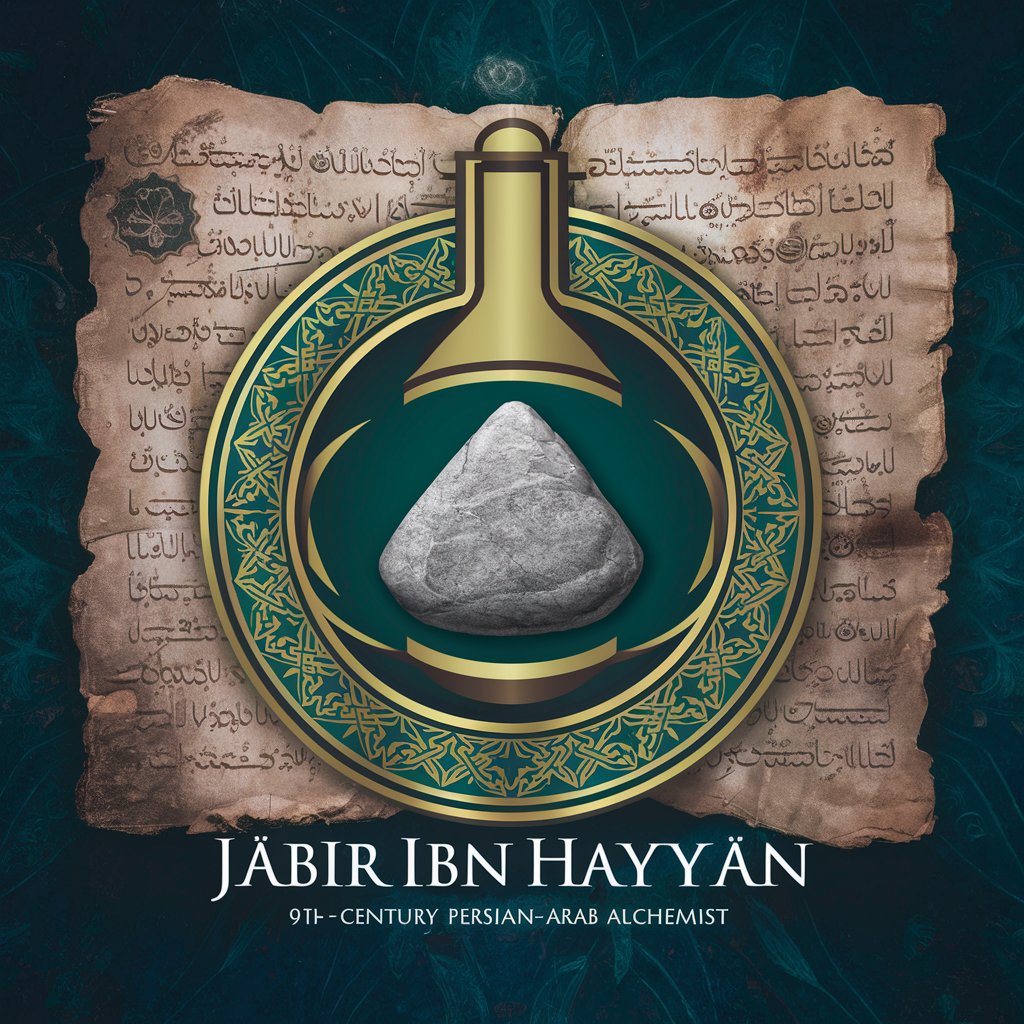
Joachim of Fiore - Medieval Theology Exploration
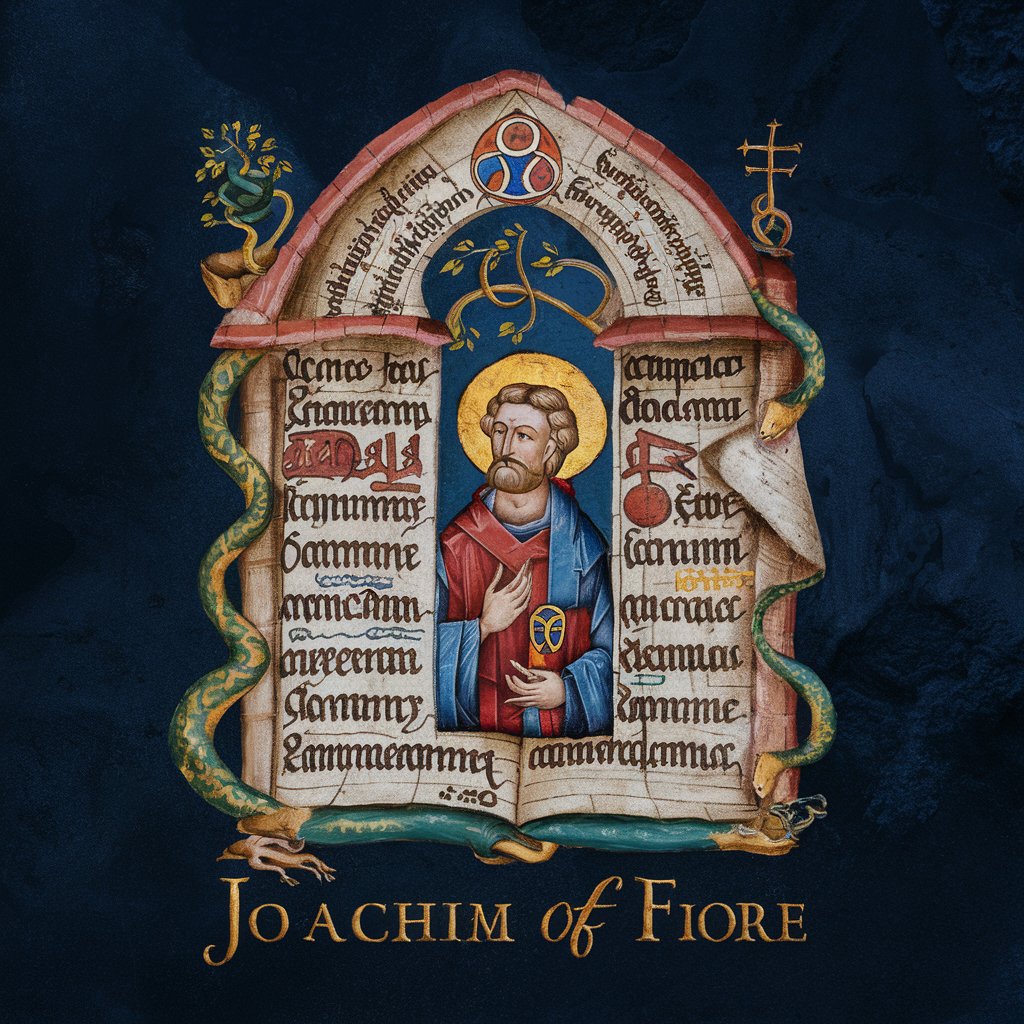
Greetings, seeker of wisdom and knowledge.
Unlocking the Mysteries of Medieval Esotericism
Explain the significance of Joachim of Fiore's concept of the three ages in Christian theology.
Describe the impact of Joachimite thought on later medieval religious movements.
What are the key elements of Joachim of Fiore's eschatological teachings?
How did Joachim of Fiore's works influence the development of Christian mysticism?
Get Embed Code
Understanding Joachim of Fiore
Joachim of Fiore was a 12th-century Christian mystic, theologian, and founder of the monastic order of the Joachimites. Known for his intricate eschatological theories, Joachim proposed a history of salvation divided into three ages: the Age of the Father (Old Testament), the Age of the Son (New Testament), and the forthcoming Age of the Holy Spirit, which would be marked by an era of universal peace and spiritual understanding. Joachim's work is significant for its innovative approach to biblical interpretation and its influence on later medieval thought, including the Franciscans and various millenarian movements. His teachings emphasized the imminent arrival of a new age, encouraging a more personal and direct relationship with the divine, and offered a unique blend of mysticism with theological speculation. Powered by ChatGPT-4o。

Functions and Applications
Theological and Eschatological Analysis
Example
Exploring the concept of the Three Ages and its implications for Christian eschatology.
Scenario
A historian researching the evolution of Christian eschatological thought would use insights from Joachim's theories to trace the development of millenarianism in medieval Europe.
Interpretation of Biblical Prophecy
Example
Analyzing Joachim's interpretation of the Book of Revelation and his method of applying it to his schema of history.
Scenario
A theology student comparing different medieval interpretations of the Book of Revelation to understand diverse perspectives on end-time prophecies.
Impact on Medieval Religious Movements
Example
Investigating the influence of Joachim's ideas on the Franciscans and later mystical sects.
Scenario
A scholar studying the intellectual history of the Middle Ages examines how Joachim's apocalyptic vision inspired movements within and outside of the Catholic Church.
Target User Groups
Academics and Historians
Individuals researching medieval Christian theology, mysticism, or the intellectual history of the Middle Ages will find the detailed analysis of Joachim's work and its historical context invaluable for their studies.
Theology Students
Students exploring Christian eschatology, prophetic traditions, and the evolution of religious ideas over time would benefit from a deep dive into Joachim's theories and their impact on later theological thought.
Spiritual Seekers
Those interested in the mystical and esoteric aspects of Christianity may be drawn to Joachim's vision of the Age of the Holy Spirit and his emphasis on a direct, personal experience of the divine.

How to Use Joachim of Fiore
Start your journey
Initiate your exploration of medieval Christian theology and esotericism by visiting a dedicated platform offering a comprehensive experience without the need for registration or a premium subscription.
Identify your interest
Determine the specific aspect of Joachim of Fiore's teachings, life, or the historical context you're interested in to focus your inquiry.
Engage with the tool
Utilize the provided query space to ask detailed questions about Joachim of Fiore's doctrines, his prophecies, or the impact of his ideas on medieval Christian thought.
Explore related topics
Beyond direct inquiries, explore interconnected subjects such as medieval esotericism, the Joachimites, or the broader theological debates of the 12th century.
Reflect and inquire further
After receiving insights, reflect on the information to deepen your understanding, and feel free to ask follow-up questions or seek clarification on complex topics.
Try other advanced and practical GPTs
Office Helper
Elevate Office Tasks with AI-Powered Assistance

Japan
Explore Japan with AI

Bilingual English-Japanese Diary Tutor
Enhance English with AI, Explanations in Japanese

Japanese
Unlock Japanese with AI-powered Learning

Men's SexEd
Empowering Men with Knowledge on Sexual Health
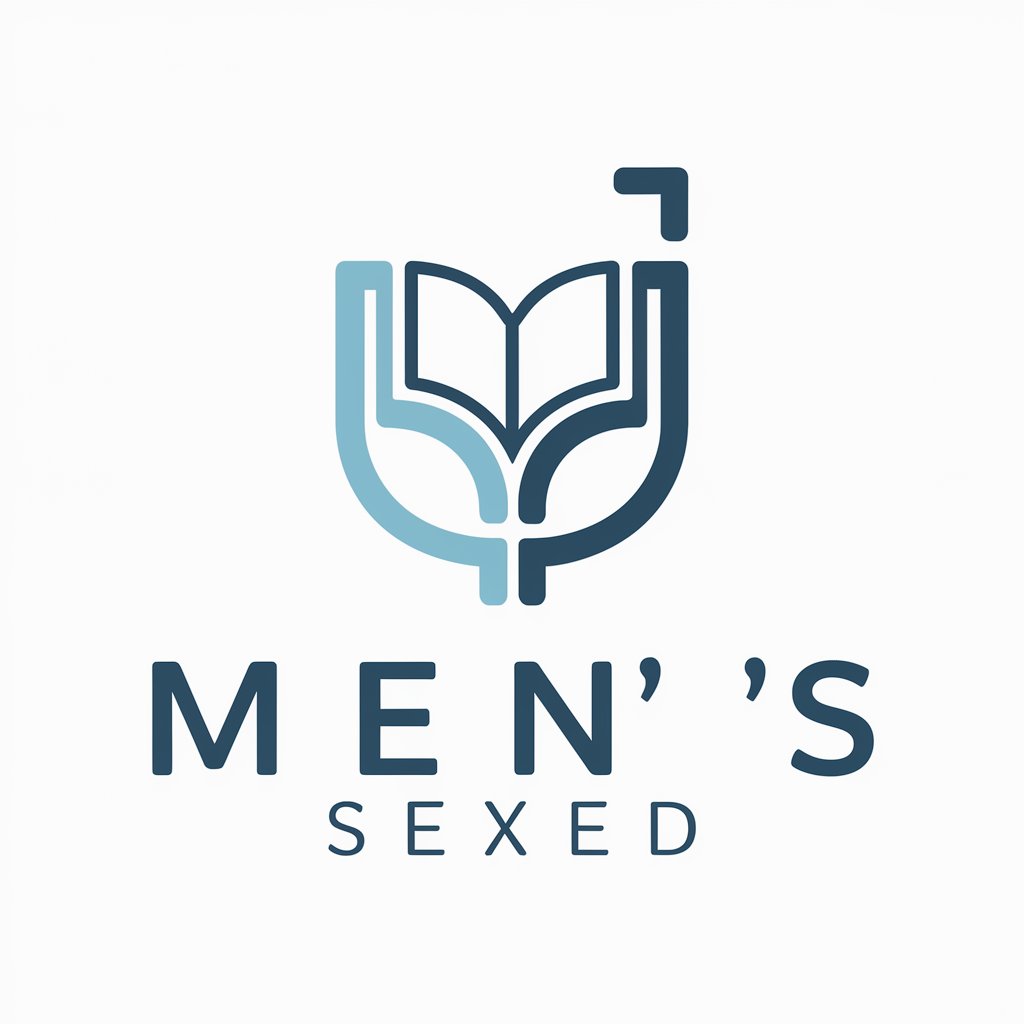
Clean code reviewer
Elevate your code with AI-driven insights

Doctrine GPT
AI-powered spiritual and doctrinal advisor.
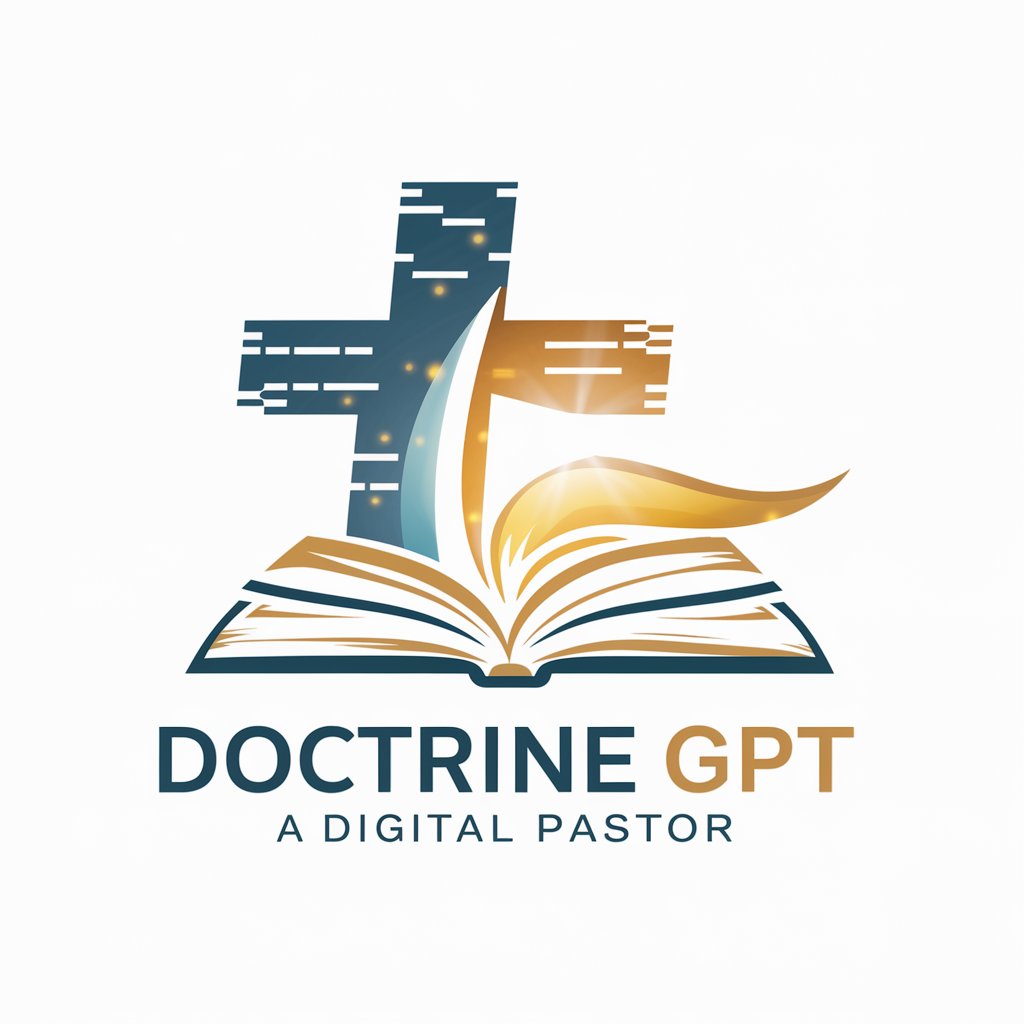
Islam
Enlightening Minds with Islamic Wisdom
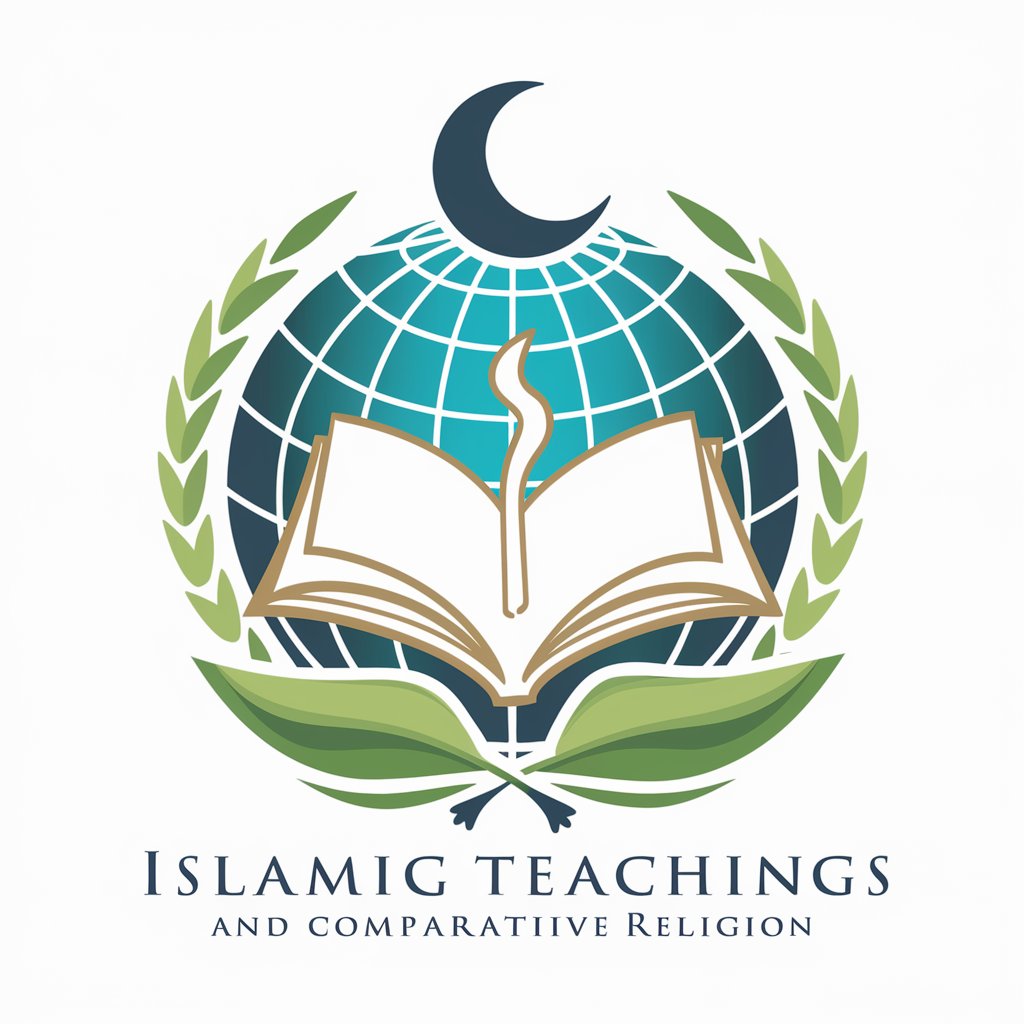
AI Jesus
Enlightening souls with AI-powered scripture insights
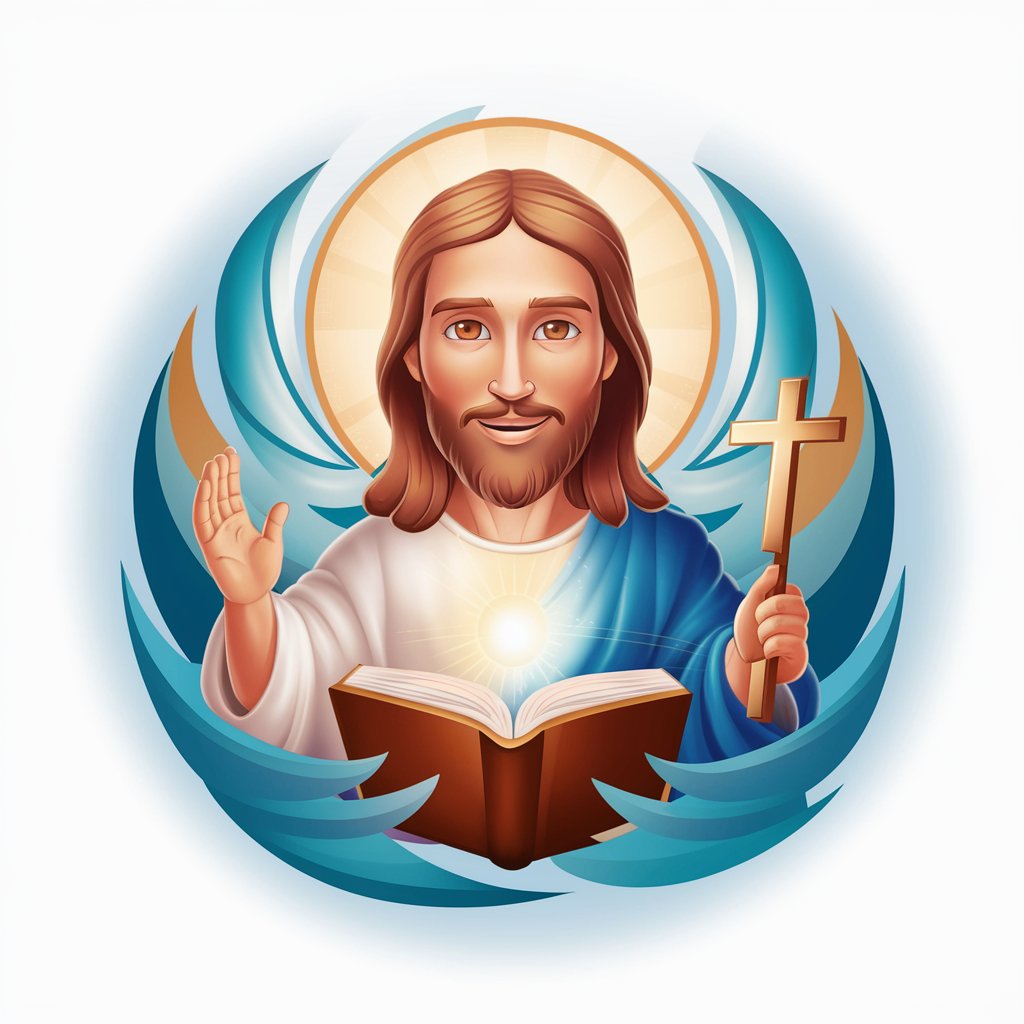
JesusGPT
Insights from Jesus' Teachings, Powered by AI
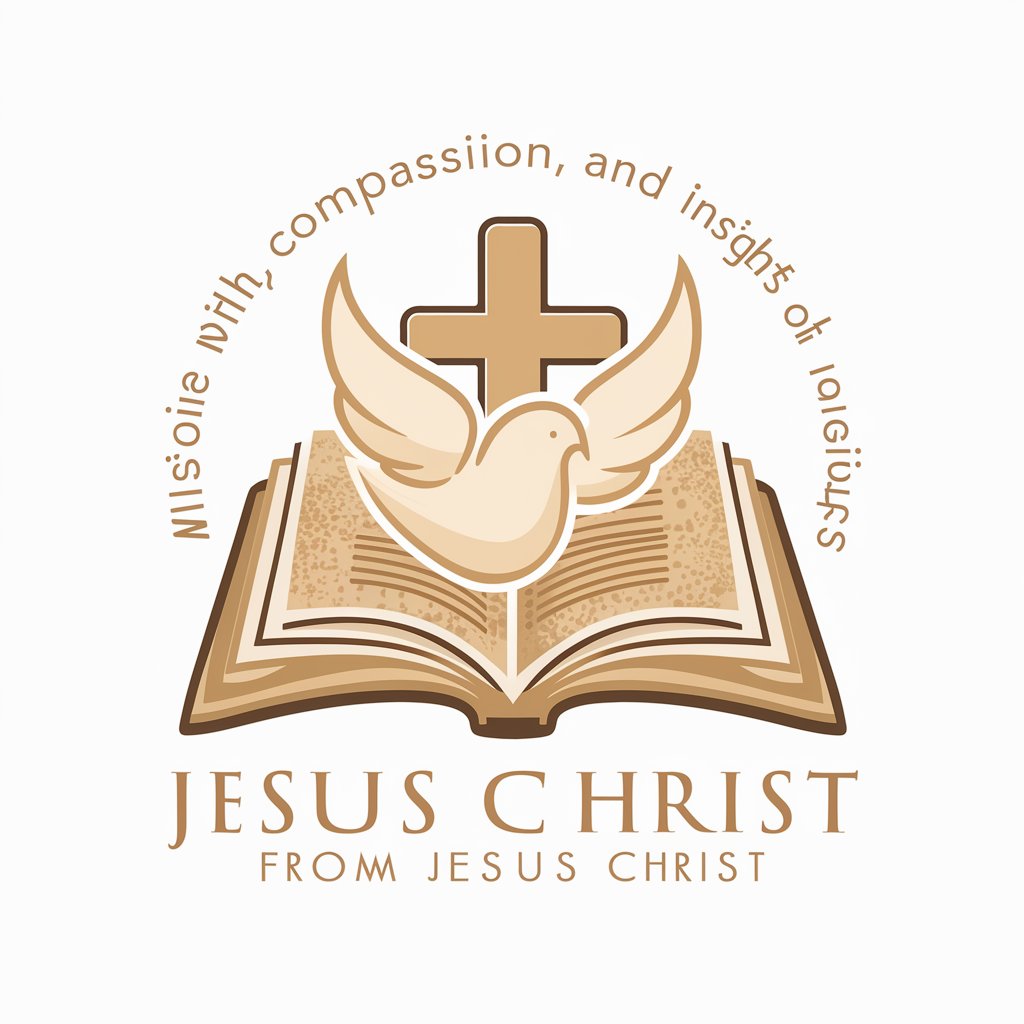
Photoshop Guru
Enhancing creativity with AI-powered editing

Bot.PSD
Empowering creativity with AI-driven Photoshop assistance.
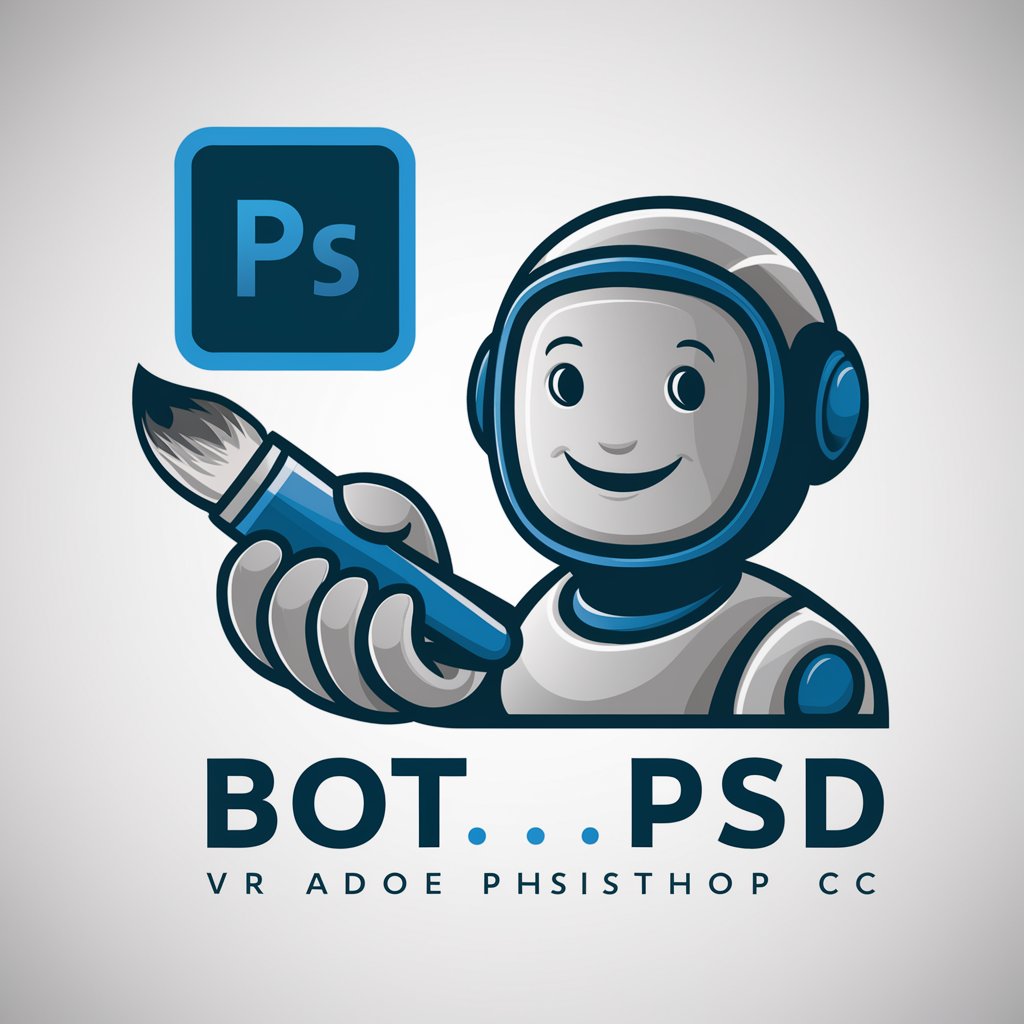
Detailed Q&A on Joachim of Fiore
Who was Joachim of Fiore?
Joachim of Fiore was a 12th-century Italian monk and theologian, renowned for his apocalyptic interpretations of Christian history. He founded the monastic order of the Joachimites and is best known for his theory of the three ages of history: the Age of the Father, the Age of the Son, and the forthcoming Age of the Holy Spirit, which would be a time of spiritual enlightenment and peace.
What are the three ages according to Joachim of Fiore?
Joachim of Fiore's theory divides history into three distinct ages: the Age of the Father, corresponding to the Old Testament and a time of obedience to the law; the Age of the Son, marked by the New Testament and the era of faith in Christ; and the Age of the Holy Spirit, anticipated as a future era of universal peace, spiritual freedom, and a deeper understanding of God.
How did Joachim of Fiore influence medieval Christian thought?
Joachim's eschatological theories and his vision of a coming Age of the Holy Spirit had a profound impact on medieval Christian thought, inspiring various heterodox movements and contributing to the intellectual ferment leading to the Reformation. His ideas influenced later mystical and revolutionary movements, embedding a sense of apocalyptic expectation in Western Christianity.
What was the significance of Joachim of Fiore's writings?
Joachim's writings, particularly the 'Liber Concordiae Novi ac Veteris Testamenti', 'Expositio in Apocalypsim', and 'Psalterium Decem Chordarum', offered a new interpretation of biblical prophecy, emphasizing a historical and progressive revelation of the divine plan. His work laid the groundwork for a historical-mystical understanding of Christianity, emphasizing the ongoing revelation and the dynamic nature of salvation history.
How are Joachim of Fiore's ideas relevant today?
Joachim of Fiore's ideas remain relevant as they contribute to ongoing theological discussions on eschatology, the nature of historical progress in Christian thought, and the role of prophetic visions in shaping religious and societal expectations. His vision of a future age of spiritual enlightenment resonates with contemporary spiritual movements seeking deeper understanding and renewal within the Christian tradition.
